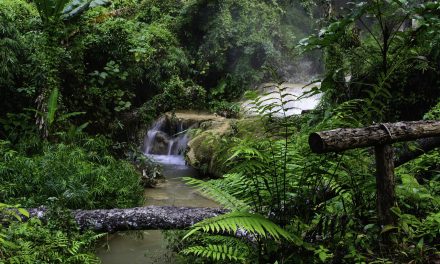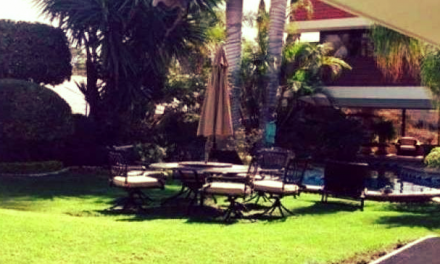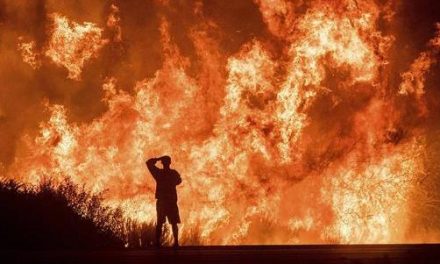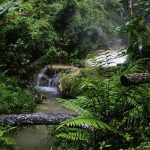While we waited for more information, and the go-ahead to chase down the cartel member being held by the Bolivian military, Gaz and I spent our time exploring the countryside. In our various aerial journeys we had seen the jungle spotted with small installations, bases, and factories, obviously designed to be off the beaten path. We’d been taking note of them, in case they became relevant to our destabilization efforts later on. What is it they say about “idle hands?”
As much as neither of us really wanted to be in-country any longer, the rebels’ hospitality having soured, we were both professionals – there was a job to do and we were here to do it. We didn’t talk about it but it felt like we both reset back to our default perspective, the one we had when we first entered Bolivia more than a month prior: as much as our goals were political in nature, we weren’t interested in the local politics, if that makes sense. A mission was a mission, whether it took us to South America, the Middle East, or the Baltics. With a focus detached from the minutiae, we were back to looking at the forest instead of the trees. Well, the jungle. You get the idea.
The idea was to cause as much chaos as possible, to leave the cartel wondering at our next step. Obviously they had cell phones, radio towers, and email, but we wanted to do as much infrastructure damage as we could, to keep them guessing and unable to defend against our high-tech guerilla tactics.
Though the pains and aches of our recent excursion still slowed us down, it was fantastic to fall back on old routines – I would drop Gaz off on a nearby cliff or outcropping, she’d distract any opposing forces while I landed and crept in close, then she would switch tactics and start blowing things up while I looted – “liberated” I think I’m supposed to say – supplies, intel, and anything else I could find. Her first targets were always the radio tower and SAM control sites; the former to sow more chaos, the latter to make our escape easier.
After inflicting what could be conservatively called “a terrifying amount” of destruction, I’d get back to the chopper, pick her up from wherever she’d moved to get a better vantage, and we’d speed to the next location. We’d often zig-zag from province to province, striking in the mountains one moment, then on the barren salt flats the next, sometimes skipping bases that were nearly adjacent to one another. The goal was to cause problems that would leave them scrambling, not move in a predictable pattern.
Two days later our handlers came up with the information we were looking for – Unidad had the prisoner on a transport to one of their remote labor camps. We had to take him in transit, the prisons were too heavily guarded even for two enterprising American operatives like ourselves.
Resupplying with fresh ammunition and a few extra toys, we flew to our ambush location and waited for prey to arrive.















